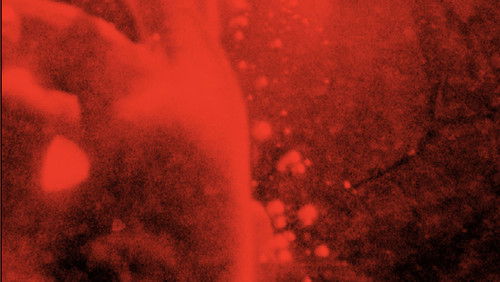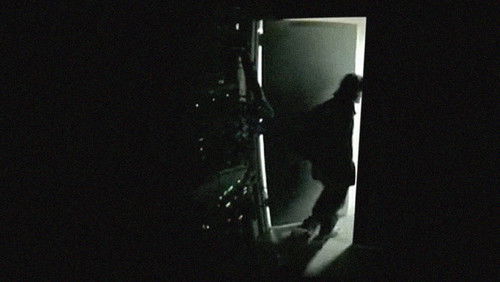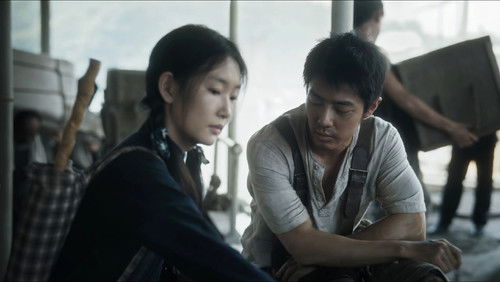Wie in einem Spiegel (1961)
64KWie in einem Spiegel: Directed by Ingmar Bergman. With Harriet Andersson, Gunnar Björnstrand, Max von Sydow, Lars Passgård. Recently released from a mental hospital, Karin rejoins her emotionally disconnected family in their island home, only to slip from reality as she begins to believe she is being visited by God.
“A character study set on a secluded island off the coast of Sweden, `Through A Glass, Darklyu0026#39; is Ingmar Bergmanu0026#39;s pensive chronicle of a young womanu0026#39;s descent into the maelstrom of schizophrenia. The story centers on Karin (Harriet Andersson), who has reached a pivotal juncture in her life; having just been released from a mental hospital, she must now face the uncertainties inherent in the nature of her illness. It is a crucial period in her life; she occupies a middle ground between two worlds, and the question now is, will she ultimately emerge in the light, or succumb to the darkness of the voices that beckon her from within. Through Bergmanu0026#39;s eyes we observe the effects of her situation on the three people closest to her, her husband, Martin (Max von Sydow), her father, David (Gunnar Bjornstrand) and her brother, Minus (Lars Passgard). The movie explores their relationships to Karin (and to one another), and how differently each one them strives to cope with and understand her elusive affliction. An absorbing, evocative and sometimes tense drama, the film is impeccably delivered by Bergman, and the performances are all exemplary, especially Harriet Andersson, who brings the tortured soul of Karin to life with nuance and a depth and grasp of the character that is remarkable. Von Sydow is also perfect as the troubled Martin, and aptly conveys the quandary of his situation, which he approaches with a reserved, committed gentleness. Bjornstrand maintains a stoic presence throughout as the novelist/father attempting to resolve an inner conflict borne of guilt and doubtful motives, and Passgard gives a notable performance, as well; his angst and confusion are deeply felt and well played. The first of Bergmanu0026#39;s u0026#39;Faithu0026#39; trilogy (followed by `Winter Lightu0026#39; and `The Silenceu0026#39;), `Through A Glass, Darklyu0026#39; is one of his finest works, an intricate exploration of the fragility of the human psyche and the complexities of life. An Oscar winner for Best Foreign Film of 1961, it firmly establishes Bergman as one of Cinemau0026#39;s greatest directors. It is an emotional and engrossing film that should not be missed. I rate this one 10/10.”









